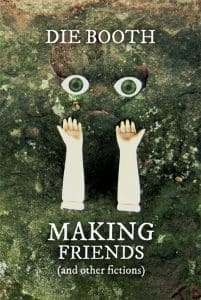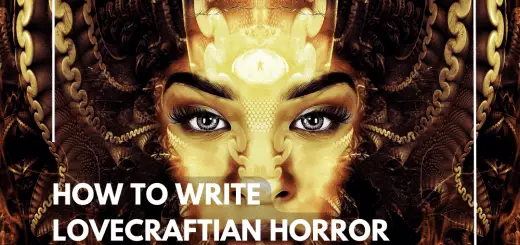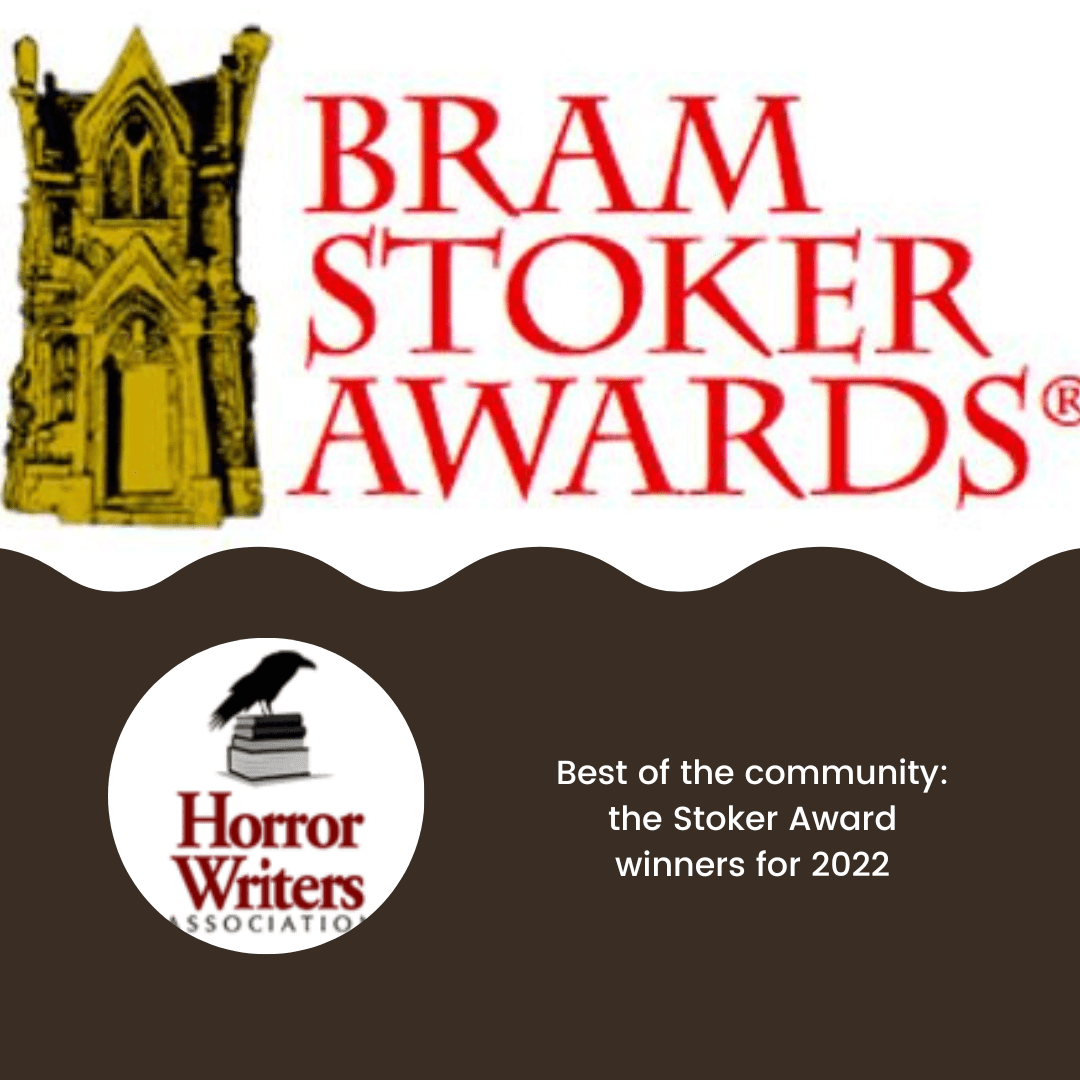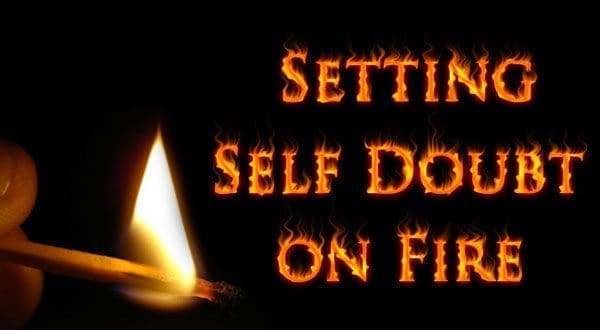Guest Post: 8 ways I name my characters
 8 ways I name my characters
8 ways I name my characters
By: Die Booth
If you’re anything like me, naming the characters in your stories can sometimes get a little challenging. I’ve been writing for a long time now and as the short stories and flash fictions rack up, things can get a little, well, repetitive. So here are a few tricks that I use to come up with an endless supply of individual character names.
1 – They name themselves
This is the ideal situation. Sometimes, the character just names themselves – like that perfect plot that just pops into your head fully formed, sometimes you just know.
2 – Go by their birthday
A really neat and easy way to name convincingly is to figure out when and where your character was born and then look up the most popular baby names for that time and place. Of course, this can also lead to repeated names – but the fact is that there really were six Emmas in my class at junior school, so at least it adds realism!
3 – Name by nationality
If you name a character Brock or Chase it might be appropriate if they’re a frat boy from California, but it’s going to pull you out of the narrative if they’re meant to be from England. This is another case where those birth-year baby name lists come in really useful, especially if you’re writing a character from a country other than your own.
4 – Name quietly
One thing I find with a lot of stories is that nobody’s ever called John. Unless you’re writing sci-fi or fantasy, or it really fits your character, I often find that the less unusual the name is, the truer it rings and the less distracting it is from the story.
5 – Outdoors inspiration
When it’s sunny, I like to write in my local cemetery. OK, this is partly because I’m a goth, but mostly because it’s a quiet, pretty outdoor space full of nice trees and comfortable benches, where I’m not likely to get interrupted. This has also led me to realise that gravestones are a great way to get name inspiration (with guideline dates attached) – although it’s probably best to mix up the first and last names, just in case you write a bestseller and any relatives of your inspiration are reading.
6 – Indoors inspiration
Another trick I’ve picked up is watching the credits of films and TV shows and seeing if any names take my fancy there. It’s also helpful in that you can go by the year and nationality of a film as a guideline – but again, mix it up, unless you want to pay accidental homage to the VFX Coordinator of that 2002 action flick you just watched.
7 – Homages
Homages don’t need to be accidental, though. Go ahead and name your character’s first or last name for your favourite actor or writer (note: if your favourite actor is Benedict Cumberbatch, you may want to refer to point 4.) This also works with friends, but it may be a good idea to check with them first!
8 – Meanings
Names that have a meaning that describes an attribute of your character can be a nice Easter egg for anyone who cares to check, but they can also be a little on the nose. It’s still well worth researching to see if there are any names that mean a certain thing and fit your character naturally, though.
Sometimes, I can’t seem to write a story until I’ve named my characters, and other times I have to put in a placeholder name to avoid messing up my writing flow, and my character doesn’t get named until after the tale is complete.
Either way, I find it useful to keep a notebook full of names I’ve found, along with any relevant dates and locations for them, so that when I start a new piece of writing I have something to refer to. If I was more organised, I’d have been noting down what stories I used them in, too – but I guess it’s only realistic that there’s a few repeats along the way. Everyone does, after all, know a John.
 Die Booth’s latest release is ‘Making Friends (and other fiction)
Die Booth’s latest release is ‘Making Friends (and other fiction)
Synopsis: Anna answers an advertisement to find her ideal man. Harry gets more than he expected when he buys a rare bottle of wine. Donny comes up with a plan to get the perfect engagement ring for her girlfriend.
Coming out, coming home or letting go: from the Cheshire Literature Prize-winning author of Spirit Houses, My Glass is Runn and 365 Lies come 25 queer little tales of where we come from, what we hide from and what we love.
Sometimes horrifying, sometimes beautiful and occasionally both – Making Friends straddles the boundaries of genre with themes of identity and belonging, fear and love.
 About The Author:
About The Author:
Die Booth likes wild beaches and exploring dark places. When not writing, he DJs at Chester’s best (and only) goth club. You can read his prize-winning stories in places like LampLight Magazine, The Fiction Desk, Flame Tree Press and The Cheshire Prize for Literature anthologies. His books ‘My Glass is Runn’, ‘365 Lies’ (profits go to the MNDA) and ‘Spirit Houses’, plus his new single author collection ‘Making Friends (and other fictions)’ are available online. You can find out more about his writing at http://diebooth.wordpress.com/ or say hi on Twitter @diebooth
- About the Author
- Latest Posts
The Horror Tree is a resource for horror authors which was created in 2011. The main goal when starting the site was to include all of the latest horror anthologies and publishers that are taking paying submissions. A resource useful for both new and experienced publishers alike looking for an outlet for their written material!












